“We have the high line, because we want to have the ball, but in their half. That’s the manager’s plan and I think we’re very comfortable with it.”
It comes straight from the notebook of your nearest sharp-eyed, deep-thinking manager wearing something in fashion but slightly too out there – complete with a budget to make your eyes pop. Watching the defence of a team with the second-lowest spending limit in the division do that, just a few months after promotion, is more than a little disconcerting. Relentlessly flirting with the halfway line, even the neutral’s heart-rate quickens a little. That’s the thing that big teams do, the hardest style to implement, in no small part due to an increased risk of looking foolish.
The line, verbal not defensive, comes from Las Palmas forward Munir El Haddadi. At 28, he has played under 16 managers for 7 different teams – he should really know a thing or two about it. Despite the accepted ideas about how teams with more modest expectations ‘have to’ approach games, there is a growing body of evidence that he is right.
“Having the ball in your own half isn’t good for much. We want to have the ball in their half to be closer to goal, to create chances, and then if we lose it, to press quickly and win it back, and keep it far away from our goal.”
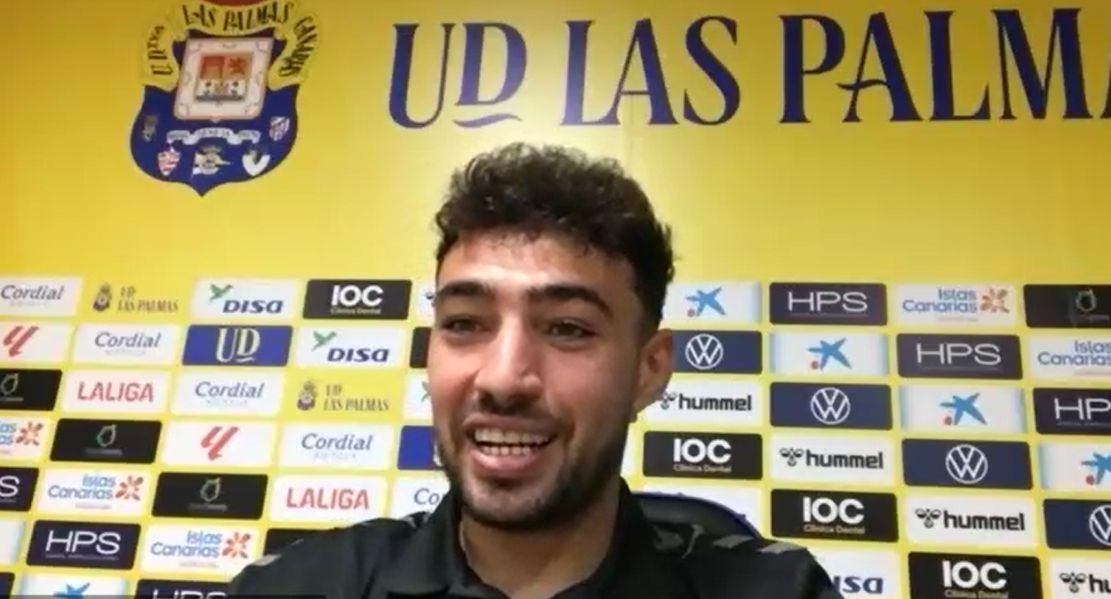
Put in those terms, it really sounds quite simple, but across the world, there are teams playing 15 yards behind where the manager probably imagined when starting out; most people make pragmatic compromises at work. Thundering after your opponents close to their own box, hunting them down, has become the biggest change at the top of the game in the last two decades, and the mode of attack that weakens the knees of tactical obsessives. The theoretically riskier strategy is turning out to be nothing if not pragmatic for Las Palmas though.
Only Real Madrid and Barcelona dominate the ball more than Las Palmas, only Los Blancos have conceded less (13) than Las Palmas’ 17, and only the Blaugrana have done more playing than chasing against Pio Pio. It’s true they have the best goalkeeper this season, Alvaro Valles, who tops the division for save percentage, but is also growing small in the distance to his peers in terms of touches taken, and where he takes them. Quite often, one or two outfield players for the opposition will see less of the ball than he does.
Álvaro Valles has taken 445 touches outside of his penalty area this season. No other La Liga goalkeeper has taken over 200.
Another smooth sweeper-keeper display, allowing Las Palmas to hold a high line – only Aston Villa (105) have provoked more offsides (101) this season 🇮🇨 pic.twitter.com/zK8waGBPYM
— Thom Harris (@ThomHarris_) January 20, 2024
The Canary Islanders are famed for their slightly more free and easy approach compared to the more tightly wound mainlanders, a little more expressive. It translates to their football, and the players that come out of islands tend to find a way of entertaining as they try to win. It’s visible in this Las Palmas side, but the most defining element of their season has to be the second-best defence in La Liga. Which is a good job, as they’re averaging just a goal a game.
“And the manager is fundamental. For us to be doing this well, clearly he has to be. Every training session, every match, he conveys trust, calmness, and the game he wants us to play.”
That man is Francisco Javier Garcia Pimienta, who spent two decades moulding youngsters at Barcelona, including Cesc Fabregas, Gerard Pique and that Lionel Messi. When he was let go in 2021 by President Joan Laporta to bring in his friend (Garcia’s words) Sergi Barjuan, Garcia Pimienta took over Las Palmas in 7th in Segunda six months later. This week his tenure turned two years old, and they’re 8th in Primera. All of that progress in exchange for an investment of just €5.7m, which is more than compensated by promotion to La Liga.
“He’s been important for me, I’ve known him since I was young,” says El Haddadi, who was also coached by Garcia Pimienta on the way to 23 goal contributions in 56 Barcelona appearances, behind a frontline of Neymar Junior, Luis Suarez and Lionel Messi.
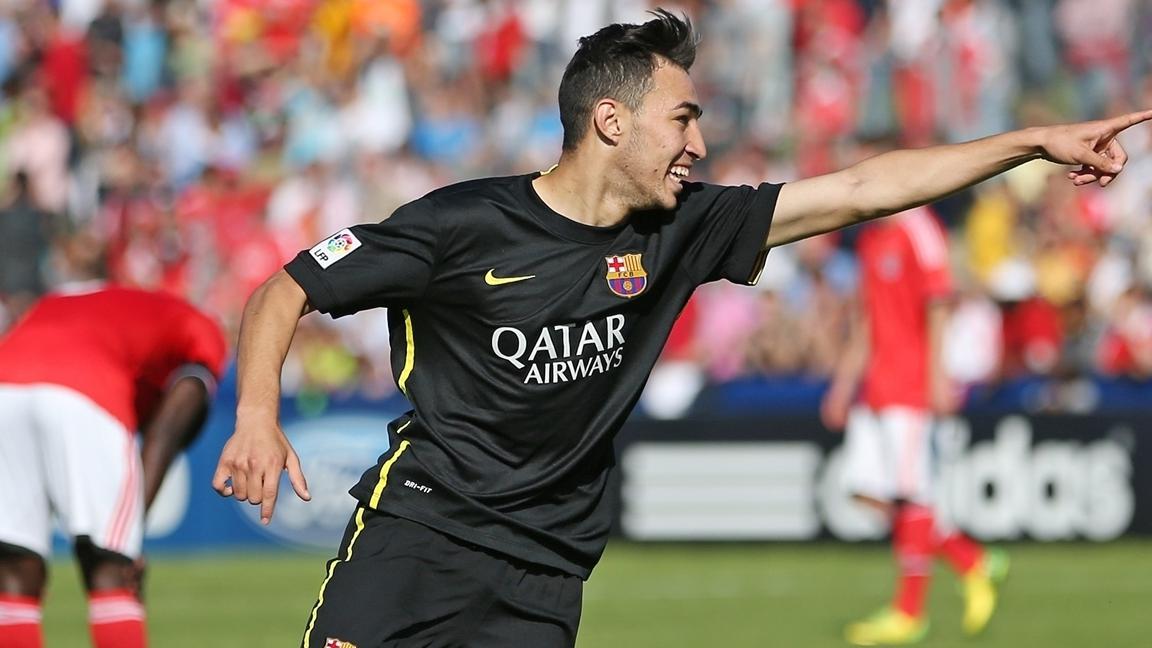
“It’s the style of play he likes, that he knows, and I came here for him, because I identify with it, and things are going well I think.”
“It was him who took me to Barca, I was at Rayo Majadahonda, I scored a hat-trick, he said he wanted to take me with him. He brought an offer, and at the start my mother didn’t let me go, but I went, I was at La Masia, where he taught me a lot, and he helped me a lot, and because of that, we have a very good relationship. And this summer he called me, and obviously, I came.”
It’s true Garcia Pimienta has had a headstart on implementing this style, with five of his squad previously playing at Barcelona, and four coming through La Masia.
“What Garcia Pimienta asked of us in the academy was one, two touches, a lot of passes, and having possession. You grow and you learn, and if you reach the first team, you train the same way. Coming here, it’s a similar style at Las Palmas.”
Few coaches are as loyal to the style taught at La Masia in the professional game, at which point the philosophy discourse is gradually watered down by opponents, and above all, resources – not least at Barcelona, as an exhausted Xavi Hernandez scours the prairie for a middle ground.
Often this year, Blaugrana fans have looked north to Michel Sanchez and Girona, but even his side do not start harrying opponents or prioritise the ball as much as Las Palmas. One of things that encouraged Michel to drop his press further back was so his players felt less vulnerable, and yet his captain Aleix Garcia is far quicker to mention his handling of people than his tactical nous. What has the La Masia influence brought to Las Palmas above all?
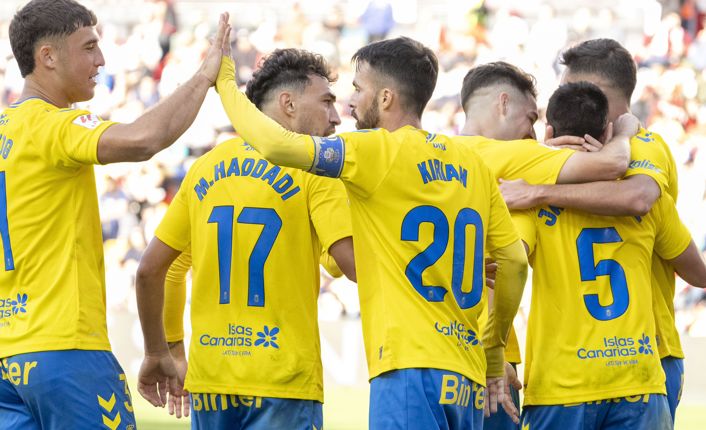
“The legacy, I was there at La Masia, is to work, to be willing, to be humble, for everyone to move in the same direction, and if that’s the case, then things will go well.”
“How he manages the group is the most important thing. How he trains, how we play, the style he has, suits me well, because I understand it perfectly. Also the people from the academy here have been reared on this football, and he communicates that to us. That we are calm, that we play with the ball, and the same thing in the games.”
Las Palmas might not be attracting the same attention as Girona, but they are having a rather mind-boggling season. Many had them finishing bottom three, but a point off the European places, and 16 clear of relegation, it’s only the Catalan’s non-sensical run separating Munir and company from flowery thinkpieces and the unofficial revelation of the season title.
Naturally, as producer of some of the most thrilling teams, and a consistent chain of technical wonders, La Masia provides not just quality to Barcelona, but romanticism. In the Canary Islands, skill is king, and that has been moulded with the same style of play, in a system perhaps not even Barcelona can carry out right now. Still enjoyable, if a little less eye-catching, perhaps the big takeaway from their success so far is that pragmatism has many different forms. And if there is one thing that defines La Masia, maybe it isn’t the style of play after all.
Watch LALIGA on Viaplay, available in the UK on Sky, Virgin TV, Amazon Prime Video and via streaming.
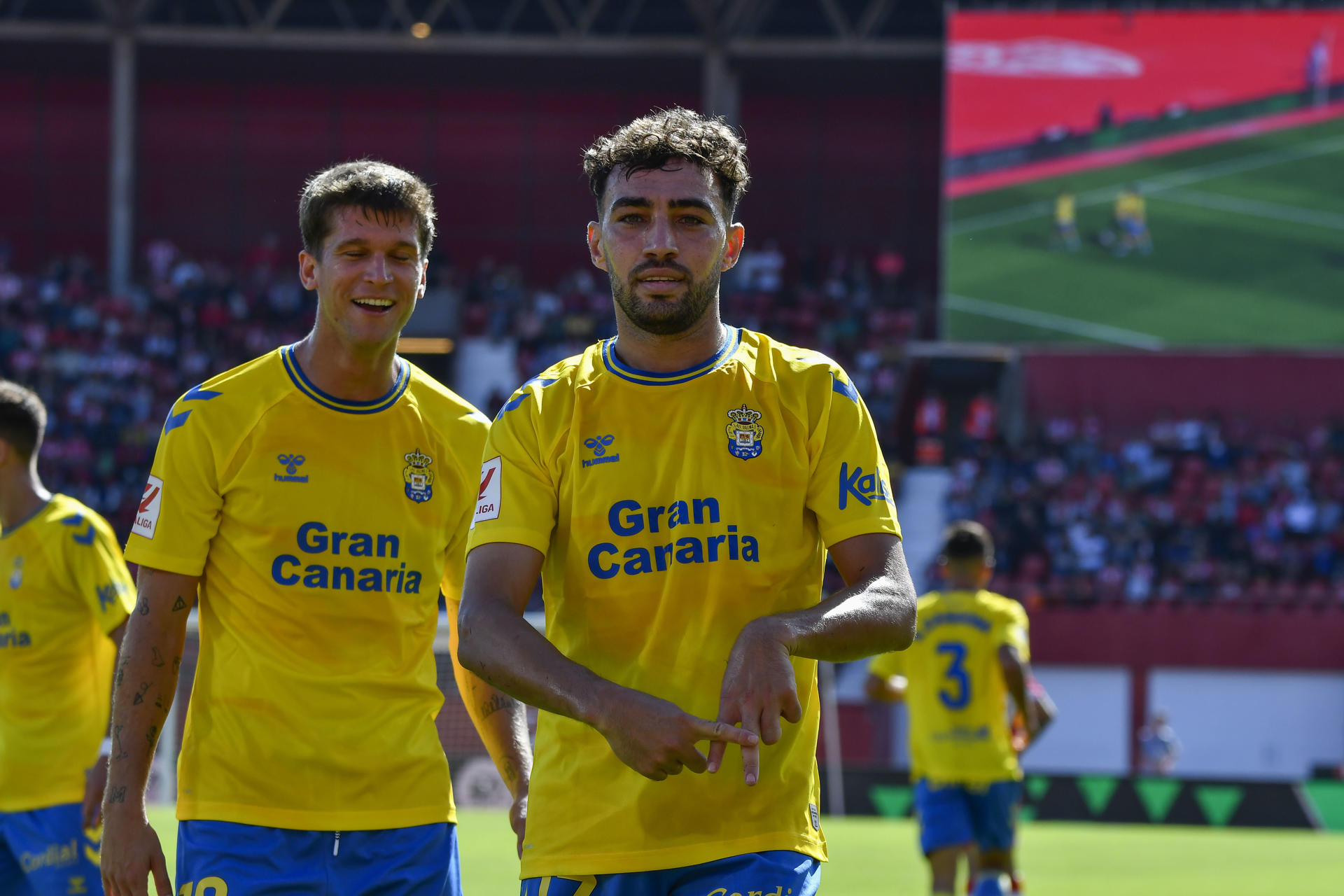
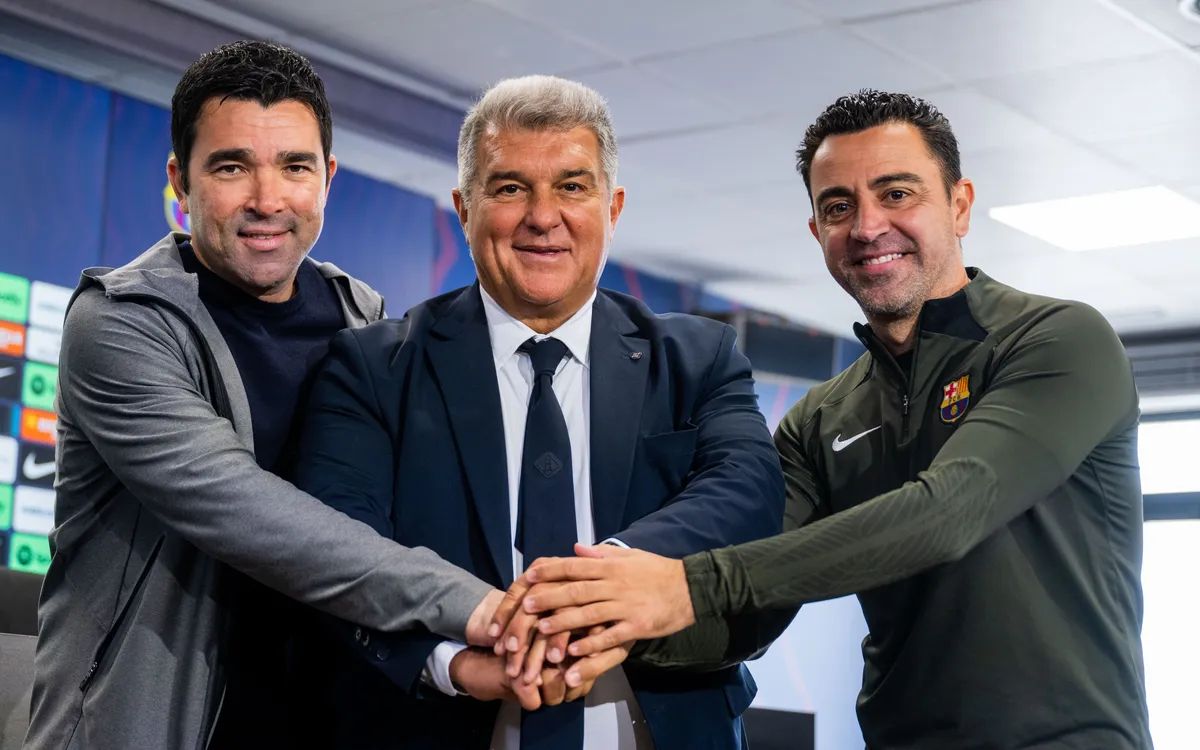
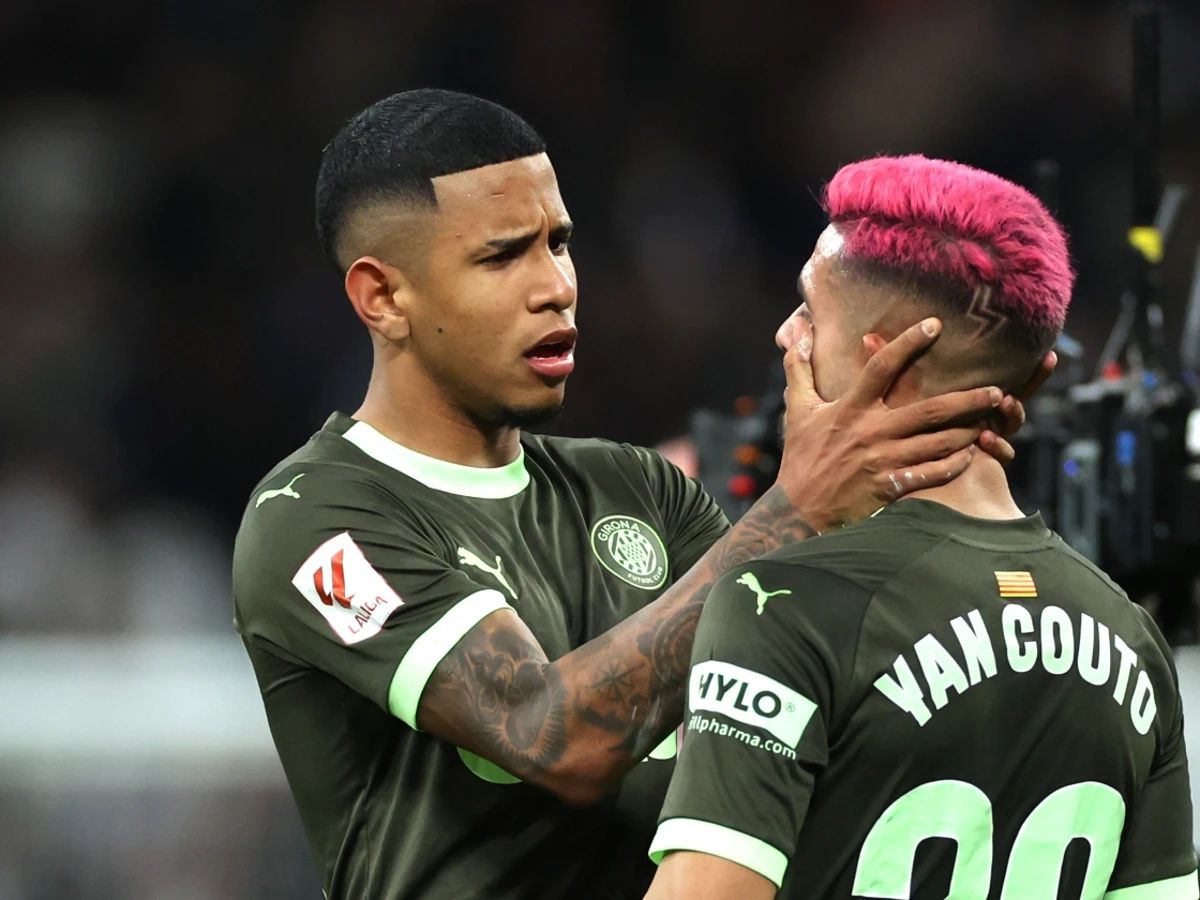
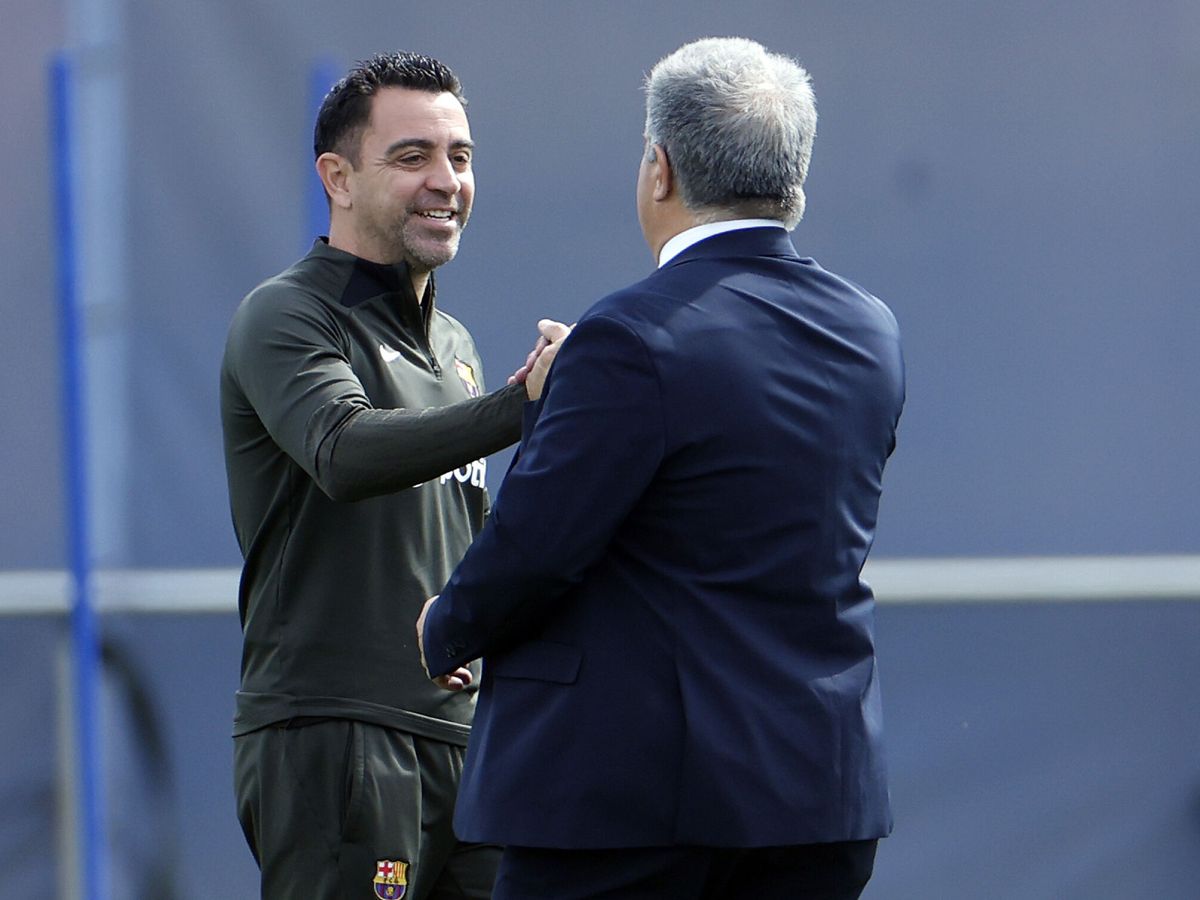

It’s nice to read a well written and researched article, and not one based on clickbait, controversy and unsubstantiated rumour.
Well done, and thank you.